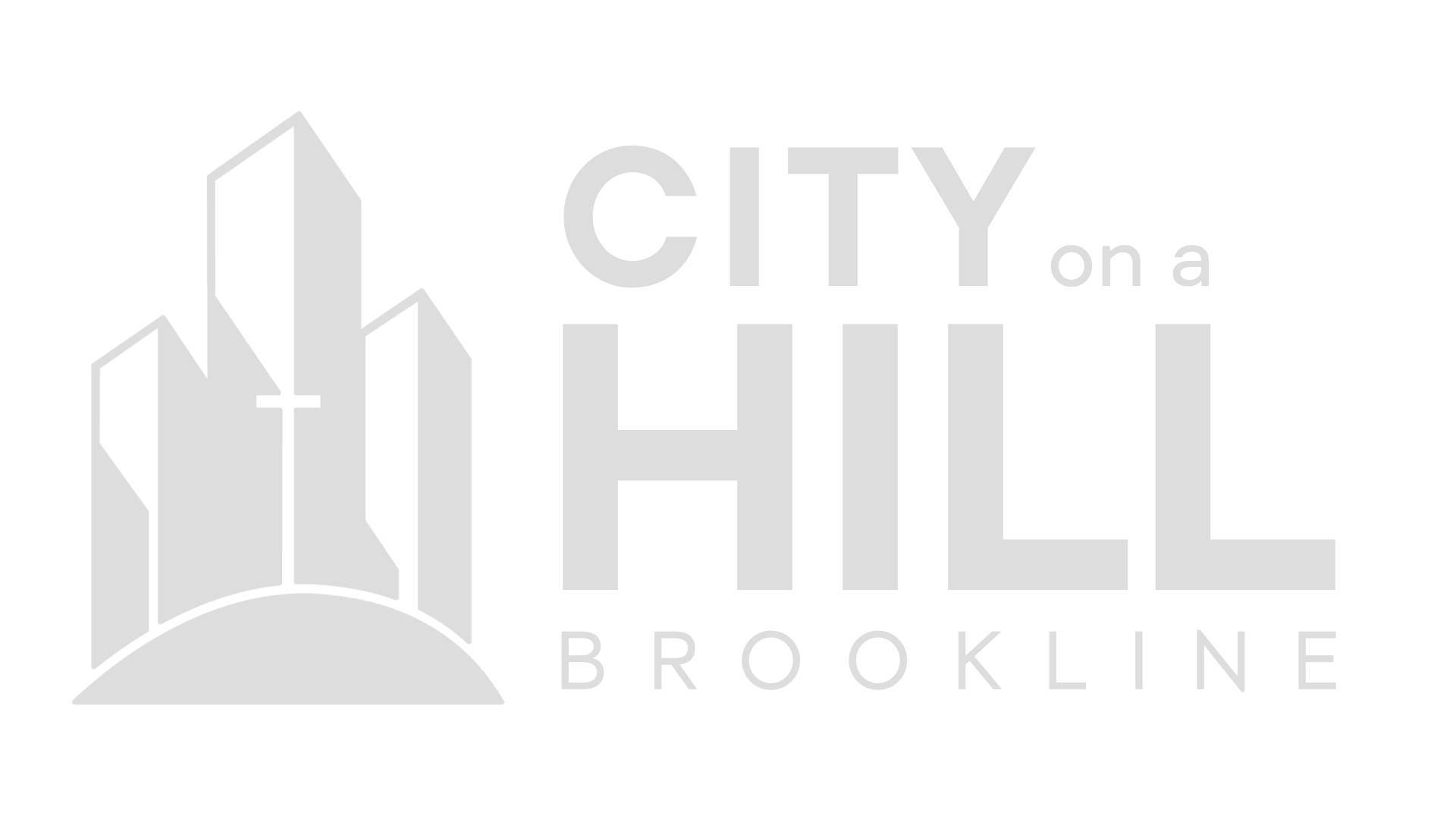Holy Week in an Unholy Time
We are all living in an episode of the Twilight Zone, the 60’s TV show, recently revived by Jordan Peele and others. Each episode opens with these lines: “It is the middle ground between light and shadow, between science and superstition, and it lies between the pit of man's fears and the summit of his knowledge. This is the dimension of imagination. It is an area which we call the Twilight Zone.” I don’t know anyone who would say life hasn’t felt surreal in the last few weeks.
We are torn by disparate feelings. We may feel sad by the news of the virus and its impact, but also grateful we have a home, food, friends, family, and even toilet paper. We may not know what to feel in a particular moment or feel completely overwhelmed. It seems like an unholy time for Holy Week, the time dedicated to remembering Jesus’ last week leading up to the cross, but that is exactly why we need to press into it. While typically Holy Week involves large, and sometimes intricate, gatherings and events to commemorate the events that unfolded that week, it is not possible this year. But Holy Week really isn’t about those things. It isn’t this nice, neat, warm-fuzzy type of holiday. At its very core is the contrast between Palm Sunday, with crowds cheering Jesus’ arrival, and Good Friday, with crowds cheering Jesus’s crucifixion.
Jesus was torn the whole week between being fully human and feeling the literal weight of this world on his shoulders; between this present moment of walking in relationship with his disciples and friends and the moment to come, the cross, the purpose for which he came into the world. Make no mistake, Jesus knew what was going to happen during that week:
he would be utterly despised by religious leaders;
he would be betrayed by his best friend, Peter, and abandoned by the rest of his disciples;
he would experience grief and righteous anger over how the temple was being pimped out for the greed of man;
he would be paraded through a series of illegal trials which would make a mockery of justice;
he would be beaten and belittled by soldiers;
he would be severely whipped at Pilate’s order;
he would take up his cross and carry it the place where they would nail him to it; and, at that moment, the guilt of all our sin and the corresponding just wrath of God would be reconciled in his body, once and for all of time. All the pain and sorrow in all the world is the closest measure of that moment on the cross.
On Palm Sunday, Jesus knew all of these things were coming and yet walked through them all, taking each day as it came.
Often times I find myself subtly affirming Jesus’ deity as more real than his humanity. I need to be reminded sometimes Jesus was as much human as he was God. The reality then is, he experienced the human emotions we do, as we see in his life throughout the gospels. When it came to Holy Week, Jesus rode into Jerusalem to the shouts of the multitudes, knowing all of what was to come that week. He certainly felt some sense of it all as we observe him on Thursday night, in the Garden of Gethsemane, pleading with God to let this cup pass from him.
In his earthly ministry, Jesus didn’t gloss over suffering. We see his emotional responses come out on many occasions: he grieved at the tomb of Lazarus; he grieved over Jerusalem, longing to gather his people together to care for them; and he had compassion on the crowds and on a widow, who had lost her only son. Jesus felt the weight of this world and grieved over the brokenness that plagues humanity.
Think about how Jesus frees us up to not gloss over the reality of our world right now, deep in the grip of COVID-19. We can and should lament during this Holy Week. We can lament…
the suffering that people are enduring at the hands of this virus
the situation medical workers face – long hours, exposure, hard decisions, and death
those who have or will lose loved ones due to the virus
those who can’t even visit their friends or family with COVID-19 in the hospital
patients in the hospital feeling alone, seeing no one but the doctors and nurses
people who have lost their jobs and businesses
the loss of face-to-face contact with friends
the loss of any sense of normal life, work, school, etc.
people suffering in loneliness and depression
our own sin - selfishness, idolatry, lust, and pride
As we feel sorrow and sadness over these and pour our hearts out to God, we have the great comfort of knowing Jesus knows, he cares, and he alone provides us hope. It is in Jesus’ humanity he understands us, and in his deity, that he brings us hope.
As we enter Holy Week, we must not lose sight of Jesus, lest, the weight of our current world overwhelms us. Glance at the reports on the virus but gaze upon Jesus. Look occasionally at the news but look often upon Jesus. Keep up with what is happening but keep in step with Jesus this week.
In Jesus, we will find hope for embracing Holy Week in an unholy time and, in doing so, maybe find this year’s Holy Week to be truly holy after all.
-Pastor Bland
